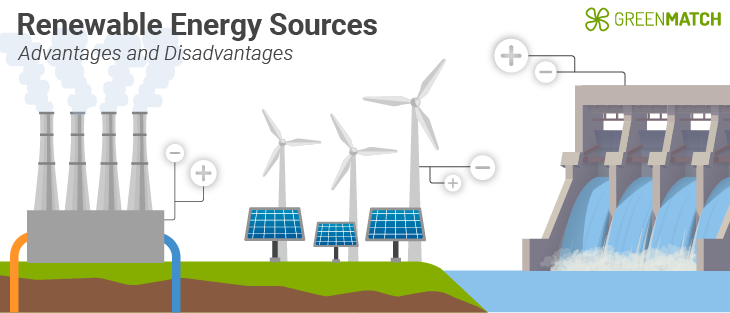Eco-Friendly Power Systems: A Path to Sustainable Energy


Harnessing Nature’s Potential
The quest for sustainable energy has led to the development of eco-friendly power systems that harness the potential of renewable resources. Unlike traditional energy sources that rely on finite fossil fuels, these systems tap into the abundant and renewable energy provided by nature.
The Rise of Solar Power
One prominent player in the realm of eco-friendly power systems is solar energy. Solar panels, equipped with photovoltaic cells, convert sunlight into electricity. This clean and renewable energy source has witnessed significant advancements, making it more accessible and efficient for both residential and commercial use.
Wind Energy: A Breath of Fresh Air
Another key contributor to eco-friendly power systems is wind energy. Wind turbines convert the kinetic energy of the wind into electrical power. As technology improves, wind farms become more prevalent, providing a sustainable and scalable solution for generating electricity without harmful emissions.
Hydropower: Tapping into Flowing Resources
Hydropower harnesses the energy of flowing water to generate electricity. Dams and turbines convert the kinetic energy of rivers into a consistent and reliable power source. This eco-friendly approach minimizes environmental impact and offers a continuous supply of energy.
Biomass: Turning Waste into Power
Eco-friendly power systems also utilize biomass, turning organic materials into energy. From agricultural residues to municipal waste, biomass power plants produce electricity while reducing the burden on landfills. This closed-loop system contributes to sustainable waste management.
Geothermal Energy: Tapping into Earth’s Heat
Geothermal energy taps into the Earth’s internal heat to generate power. This form of renewable energy is reliable and consistent, providing a baseload power source. Geothermal power plants have a minimal environmental footprint compared to traditional fossil fuel plants.
Advancements in Energy Storage
Effective energy storage is a crucial aspect of eco-friendly power systems. Battery technologies have undergone significant advancements, enabling the storage of excess energy generated during peak production periods. This stored energy can then be used during periods of high demand or when renewable sources are not as active.
Smart Grids: Revolutionizing Energy Distribution
Smart grids play a pivotal role in enhancing the efficiency of eco-friendly power systems. These intelligent networks enable real-time communication between energy producers and consumers, optimizing energy distribution. This technology minimizes wastage and ensures a reliable supply of clean energy.
The Role of Energy Efficiency
An integral part of eco-friendly power systems is a focus on energy efficiency. From energy-efficient appliances to sustainable building designs, emphasizing efficiency helps reduce overall energy consumption. It complements the efforts of renewable energy sources in creating a more sustainable energy ecosystem.
Embracing Eco-Friendly Power for a Sustainable Future
The transition to eco-friendly power systems is not just a technological shift; it is a collective commitment to a sustainable future. Governments, industries, and individuals alike play a crucial role in embracing and promoting these environmentally conscious solutions. By supporting initiatives that prioritize eco-friendly power systems, we contribute to a cleaner, healthier planet.
In the journey towards sustainability, let’s recognize the significance of Eco-Friendly Power Systems in shaping a better future. Visit mokadatara.my.id to explore more about these transformative solutions.









